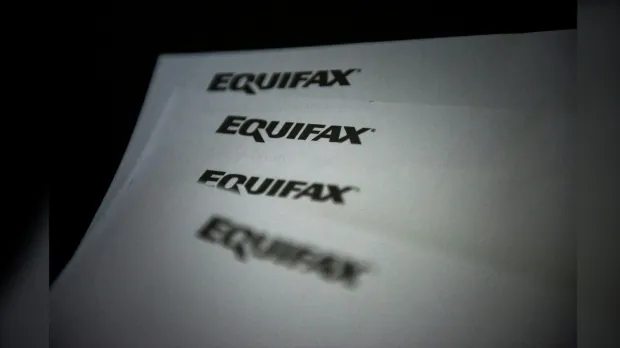
Rampant Auto Fraud Soars 54% Due to Identity Theft and Fake Credit Applications, Warns Equifax Canada!
2024-09-24
Author: Noah
Rampant Auto Fraud Soars 54% Due to Identity Theft and Fake Credit Applications, Warns Equifax Canada!
In a shocking revelation, Equifax Canada has reported that automotive fraud has skyrocketed by an astonishing 54% over the past year, with identity theft and fraudulent credit applications at the forefront of this surge.
Carl Davies, Equifax Canada's head of fraud and identity, highlighted that this staggering rise suggests a targeted assault on the automotive sector. The situation is most severe in Ontario, where auto fraud rates have doubled since last year, a trend that raises serious concerns for consumers and lenders alike.
The skyrocketing prices of vehicles in recent years have made this industry an appealing target for fraudsters. Davies noted that, unfortunately, the options for taking action against these criminals remain limited. 'The combination of escalating car prices and insufficient recourse against fraudsters provides fertile ground for such fraud activity in the auto sector,' he said.
Interestingly, not all fraud stems from sophisticated criminal organizations. The majority of these incidents involve first-party fraud—where individuals knowingly provide misleading financial information, such as overstating their income. Alarmingly, approximately 60% of fraud cases in the auto sector are attributed to consumers misrepresenting their financial situations.
This form of deceit is particularly prevalent among younger Canadians, who may underestimate the consequences of their actions, thinking that small lies won't have significant repercussions. Davies warns that such behavior can lead to dire long-term consequences, including loan denials, tarnished credit scores, and even legal troubles.
As economic challenges mount, including a high cost of living and rising unemployment rates, individuals may feel compelled to resort to fraud to secure necessary items like vehicles. 'Desperate times call for desperate measures,' Davies remarked, suggesting that many might justify their actions when they feel they have no other options.
The report also highlighted that identity theft continues to rise, with a staggering 48.3% of fraudulent credit applications identified as identity theft in the second quarter, up from 42.9% at the same time last year. Such trends indicate that the issue is not just a short-term concern but a growing epidemic impacting the fabric of credit and lending in Canada.
While lenders absorb much of the fraud's financial impact, this crisis ultimately affects every consumer, leading to increased interest rates and higher costs of borrowing. 'Lenders have to recoup their losses somehow, and that means passing the costs onto consumers,' Davies noted grimly.
To combat this rising tide of fraud, Equifax has urged both businesses and consumers to remain vigilant. Businesses are encouraged to employ identity theft protection tools, verify identities, and stay updated on regional fraud trends. 'If something seems too good to be true, trust your instincts,' Davies warned.
As auto fraud continues its upward trajectory, consumers are advised to be more cautious than ever when dealing with financial information. The stakes are high, and staying informed is crucial to protecting oneself in an unstable economic landscape.









 Brasil (PT)
Brasil (PT)
 Canada (EN)
Canada (EN)
 Chile (ES)
Chile (ES)
 España (ES)
España (ES)
 France (FR)
France (FR)
 Hong Kong (EN)
Hong Kong (EN)
 Italia (IT)
Italia (IT)
 日本 (JA)
日本 (JA)
 Magyarország (HU)
Magyarország (HU)
 Norge (NO)
Norge (NO)
 Polska (PL)
Polska (PL)
 Schweiz (DE)
Schweiz (DE)
 Singapore (EN)
Singapore (EN)
 Sverige (SV)
Sverige (SV)
 Suomi (FI)
Suomi (FI)
 Türkiye (TR)
Türkiye (TR)